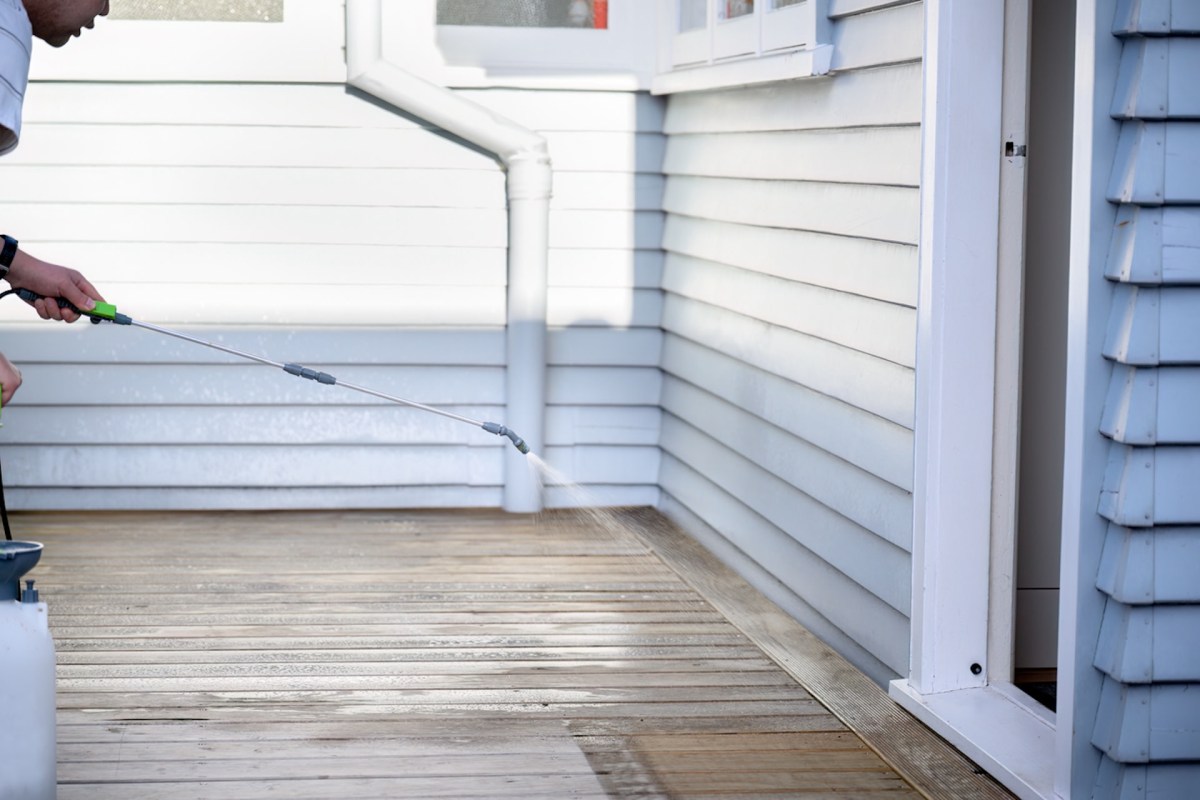Renters were forced to leave their apartments due to intolerable fumes after a landlord sprayed the building with bleach. According to the frustrated tenant, the landlord notified renters that the building was going to be washed and asked for all patios to be cleared and windows to be closed.
However, the next day, the apartment smelled of bleach, and water seeped through the windows and door.
"I woke up this morning to a heavy smell of bleach and my eyes and throat were burning," wrote the Redditor who shared the incident.
The Redditor also shared how their neighbor a few buildings down was forced to leave because the fumes were bothering her.
"The notice did NOT say we needed to vacate the apartment but I left by 9:30 because the fumes were intolerable and they started at 8 am," explained the original poster.
"Bleach fumes are toxic," responded one user. "You should have been notified in case you were sensitive."
Vinegar is a non-toxic and cheaper alternative to bleach. Since it contains acetic acid, vinegar effectively removes moss and algae from the siding of a house.
Bleach is not only harmful to tenants susceptible to respiratory problems, but it's also harmful to the environment. Runoff from bleach-contaminated water can kill local plant species and ecosystems.
"And RIP to all the landscaping and flower beds directly against the buildings," the OP commented.
Another user explained the legality behind the use of bleach.
"It's legal–IF it doesn't go into storm water. If it did, or you suspect it did, file an ERTs with ecology. Here is the link," commented another user.
Landlords across the U.S. have been failing to adopt eco-friendly, safer alternatives for their tenants. If you're trying to make environmental changes to your apartment, you can work with your landlord to revise the established rules.
"I would also contact the county stormwater program or if you're in the city limits for the city's water program," suggested one Redditor. "They usually have a spill response hotline. They can sometimes vactor the catch basin and remove the water."
Join our free newsletter for easy tips to save more, waste less, and help yourself while helping the planet.









